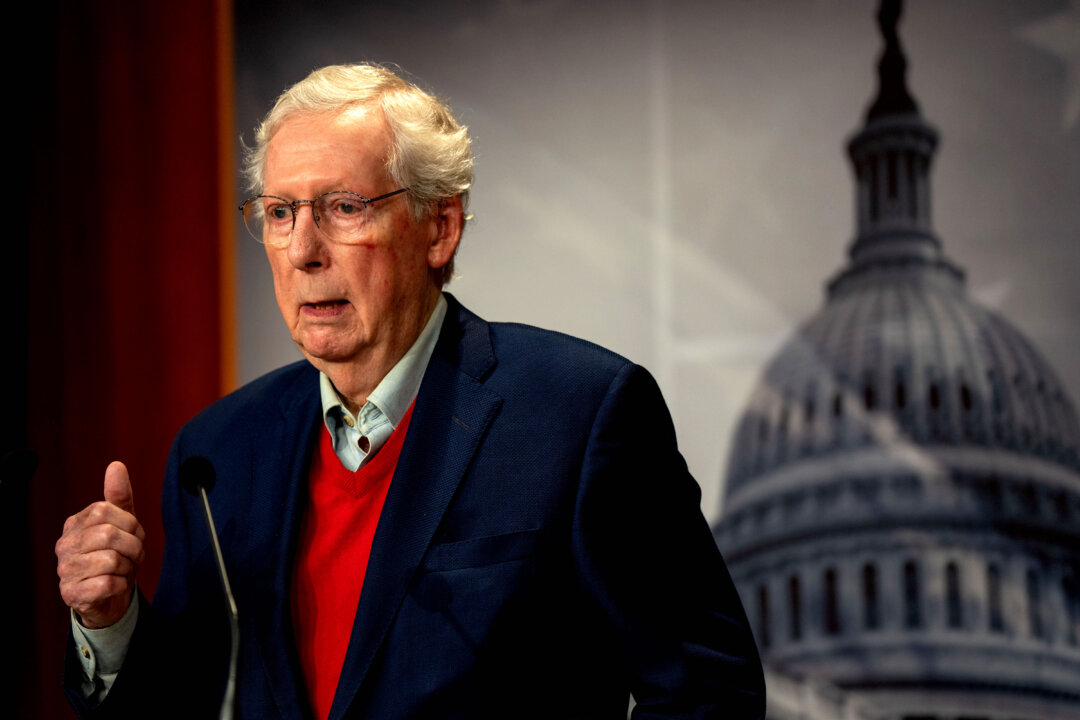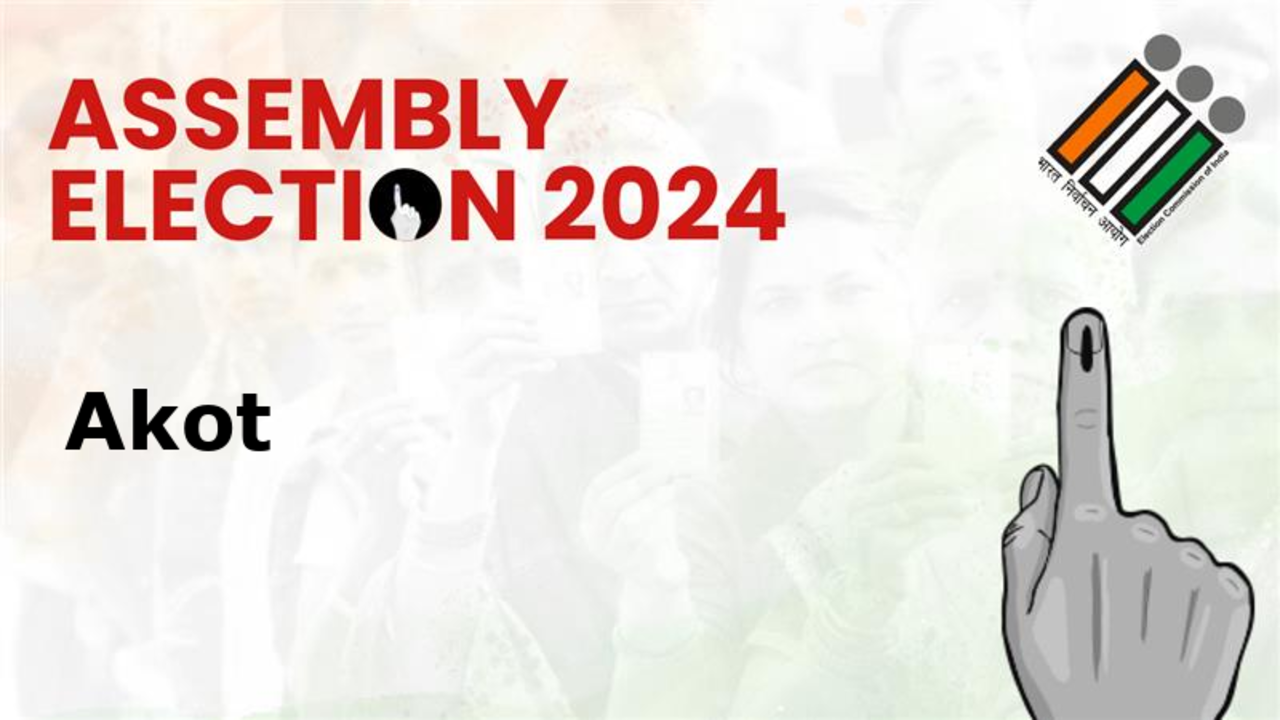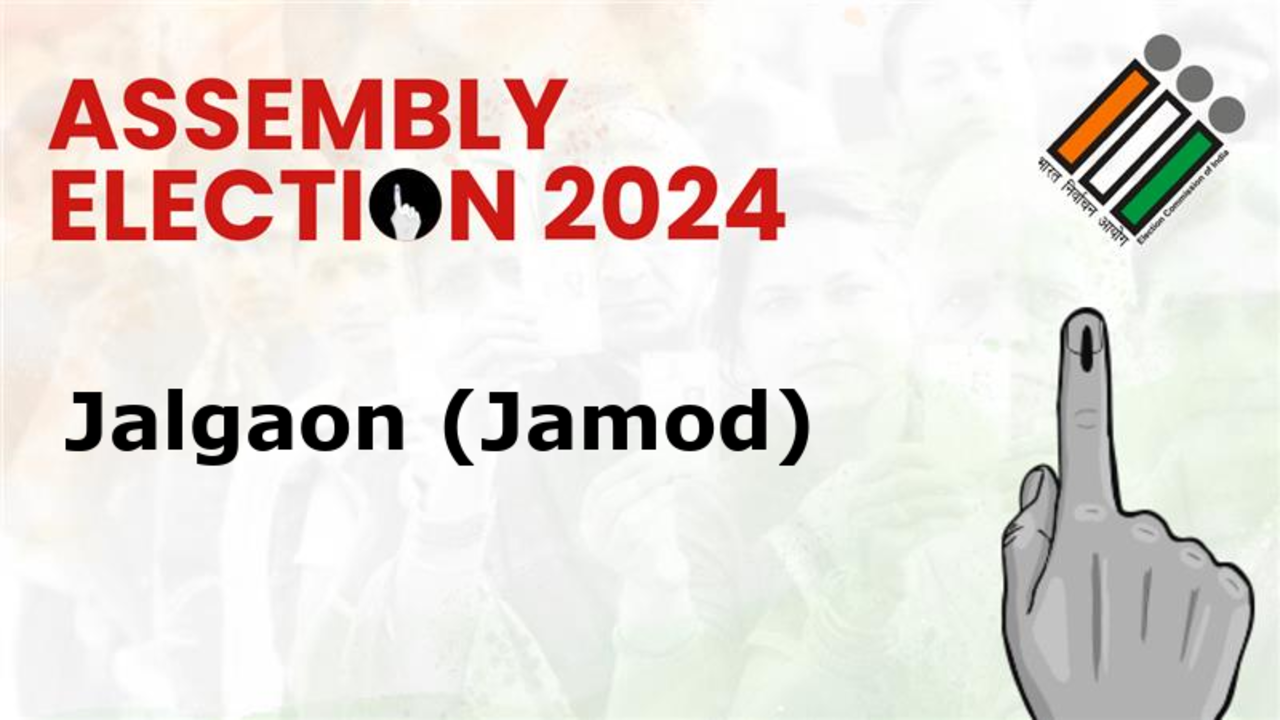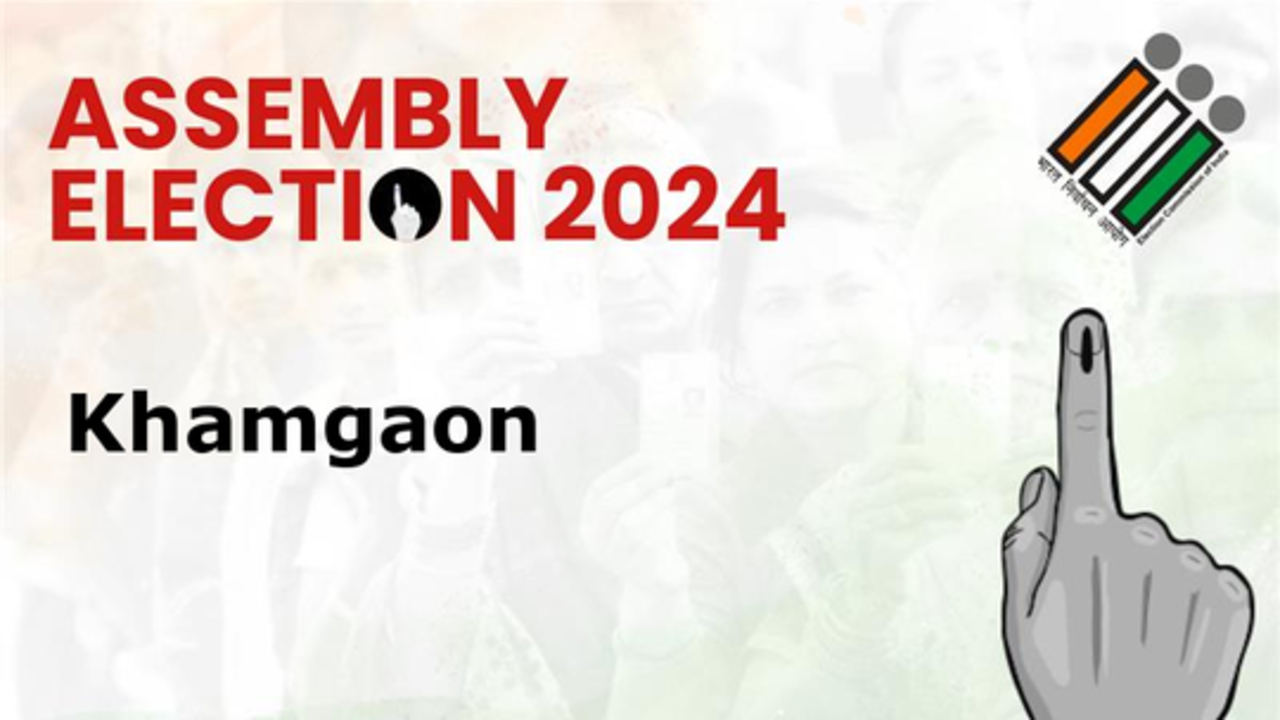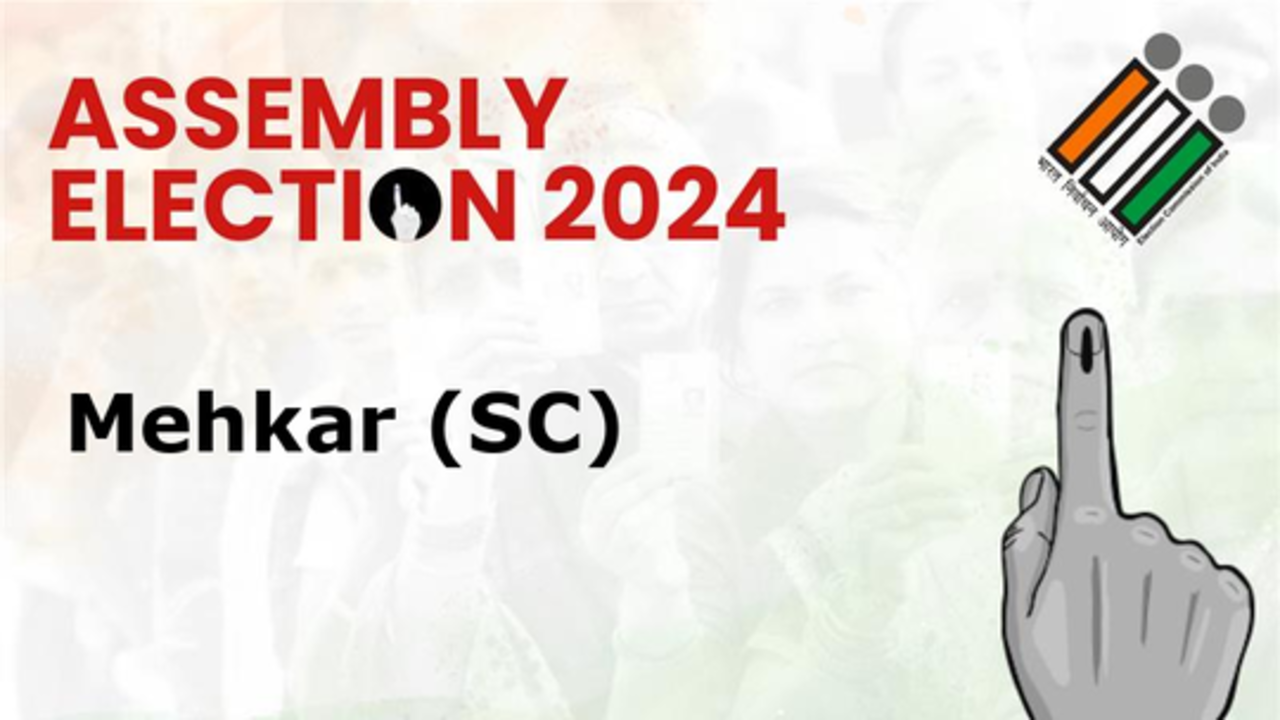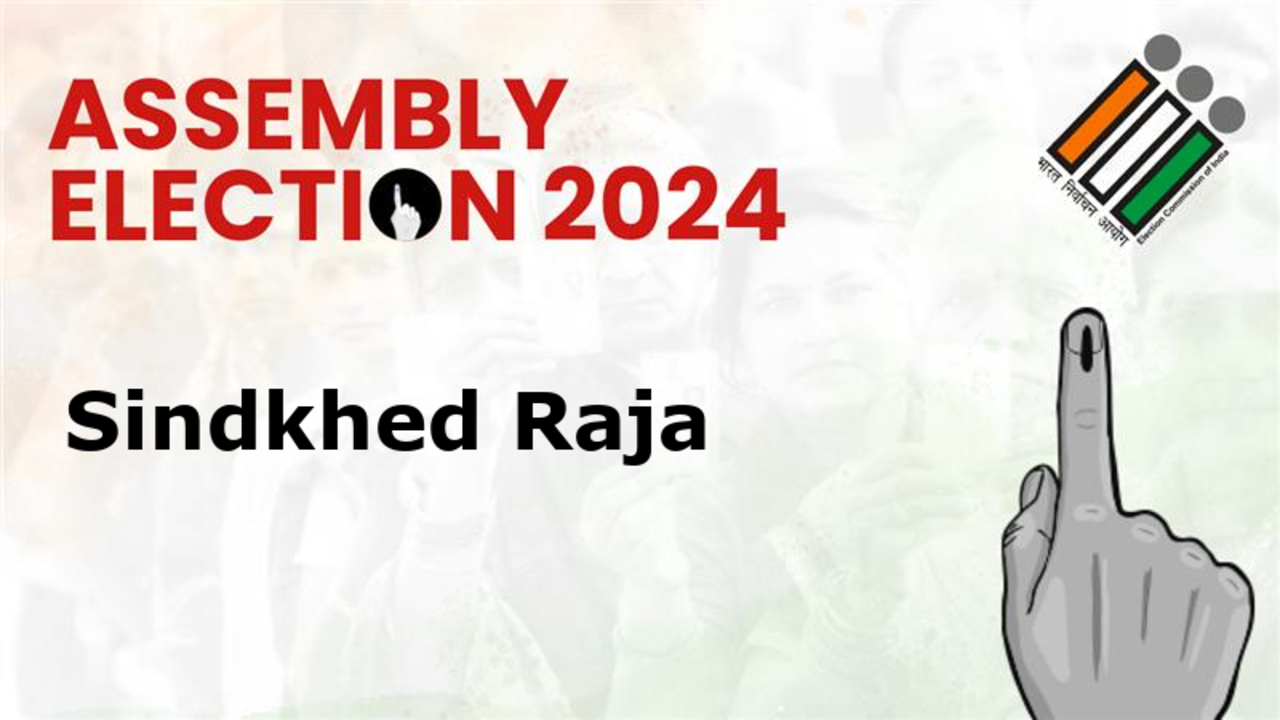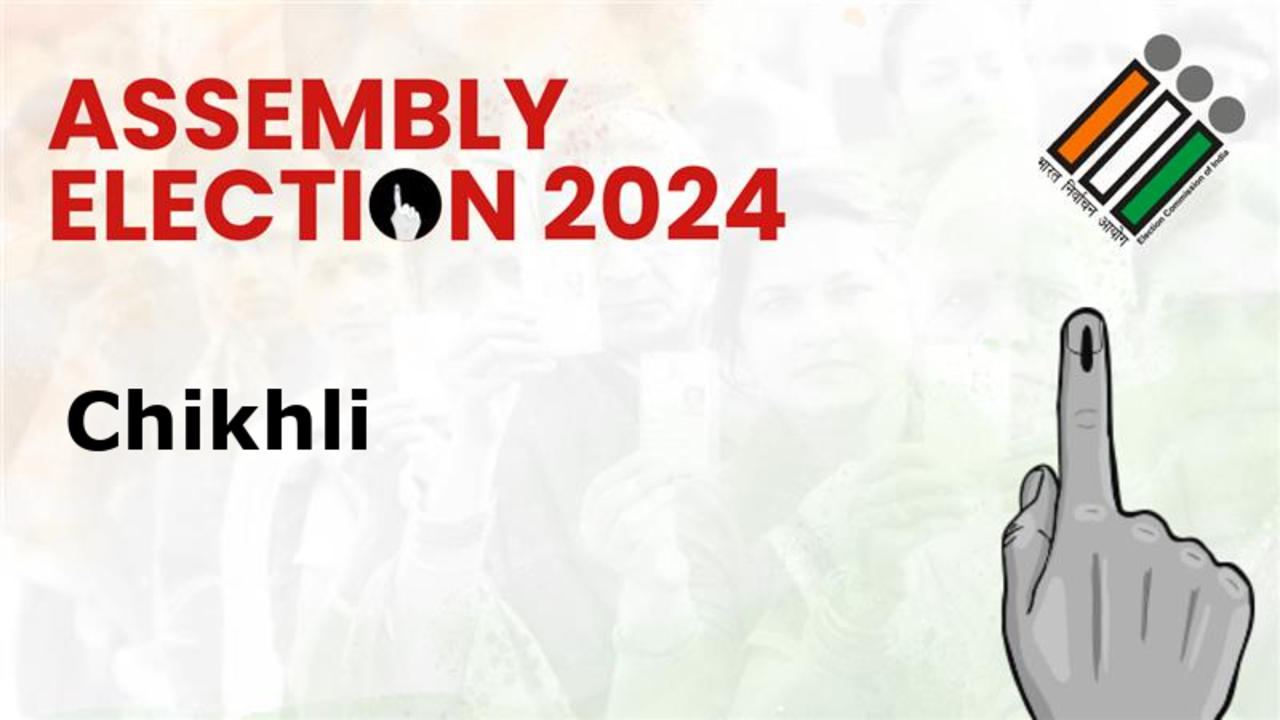
OTTAWA—In a new policy direction for Jagmeet Singh’s NDP, the left-leaning party is proposing a suite of tax cuts for consumers and small businesses as it pitches its plan to address affordability concerns. Speaking at an event at the Canadian Club of Toronto on Thursday, the NDP leader made the campaign-style promise to remove the GST on “essential” items like home heating, internet and cellphone bills, children’s clothes, diapers, and pre-made meals and make large corporations pay for the $5-billion tax cut with an “excess profits” levy. He also said an NDP government would lower taxes for small- and medium-sized businesses.
“New Democrats are going to give you a break on your daily essentials and monthly bills,” he said to a cheering audience of business groups, unions and students. “We’re gonna make the CEOs pay for it.” Singh’s proposal comes as the prospects of an early federal election rise and as affordability concerns featured prominently in provincial elections across Canada and in the U.
S. presidential race. Singh’s office said the changes will save an average household about $500 annually, with higher savings for households with children.
The federal government would take a $5-billion annual revenue hit as a result of the tax cuts, but the NDP expects its proposal to tax the “excess” profits of companies raking in more than eight figures would exceed that amount. Those tax-cut measures are similar but broader than those implemented by Manitoba NDP Premier Wab Kinew and longtime B.C.
NDP Premier David Eby, who was recently re-elected in a slim victory over the emerging provincial Conservatives. Kinew accepted most tax cuts ushered in by the previous Conservative government when he became premier in 2023 and temporarily suspended the province’s gas tax. Eby, meanwhile, campaigned on a large middle-class tax cut.
This is the first time the party under Singh has campaigned on lower direct taxes on small- and medium-sized businesses. “We should be treating a large corporation very differently from smaller startups,” Singh said. “While we are proposing an excess profit tax on large, massive corporations, we want to lighten the burden so .
.. less taxes for small- and medium-sized enterprises to support them in their growth.
” The NDP has long criticized Liberal and Conservative governments for their approach to taxation, accusing them of favouring rich corporations. In the 2021 election, the party’s campaign pitch for a tax on “excess profits” called for an additional 15 per cent tax on corporations that earned more than $10 million in annual revenues. While the NDP has not outlined the specifics of its tax proposals in the coming election, the “excess profits” tax in that campaign would have generated around $14.
6 billion that year. New Democrats also proposed a corporate tax rate increase of three per cent in the last two elections while vowing to keep small business taxes the same, and also pushed for a small wealth tax and capital gains tax increases. While the next federal election is scheduled for fall 2025, the current minority Parliament became less stable after the NDP decided this summer to exit its supply-and-confidence deal with the governing Liberals.
The Conservatives and Bloc Québécois have since indicated a desire for an immediate election, but Singh, who holds the balance in Parliament, has said the NDP will approach things “vote to vote.”.








